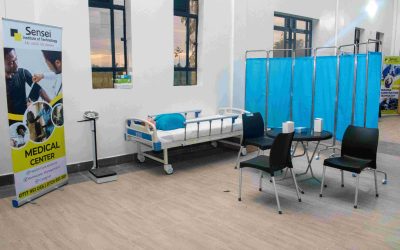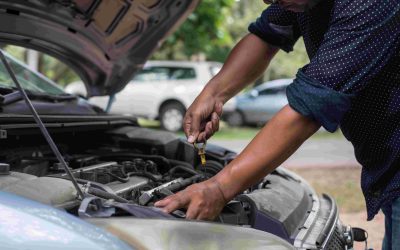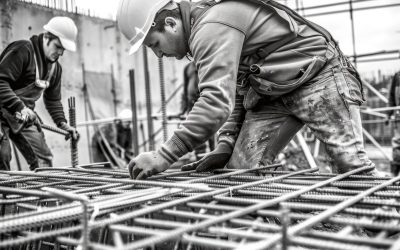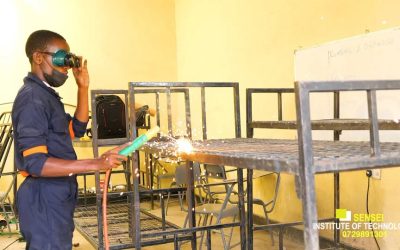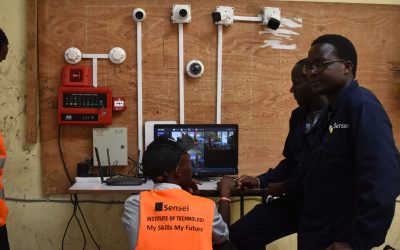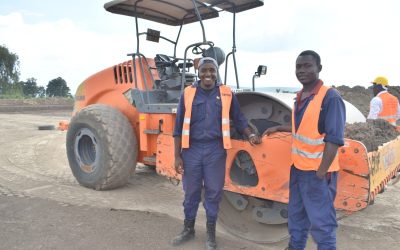Recognition of Prior Learning (RPL) in Kenya: Certifying Skills, Empowering Lives
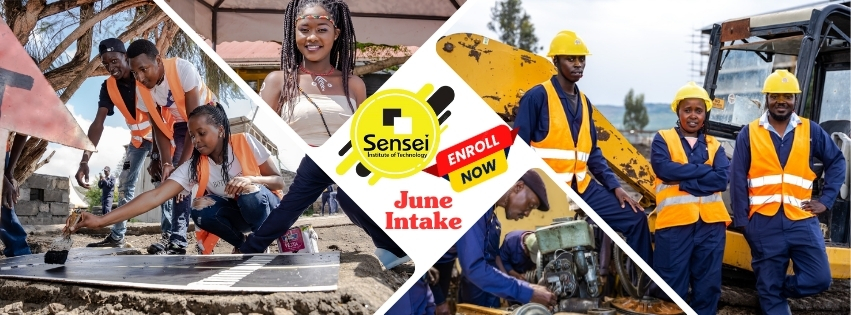
In today’s rapidly evolving job market, having the right skills matters more than how you acquired them. Across Kenya, millions of people possess valuable hands-on experience from years of work in construction, tailoring, welding, farming, electrical installation, plumbing, and more—yet many of them lack formal certificates.
For a long time, this limited their access to better jobs, promotions, training opportunities, and professional recognition. But now, that is changing thanks to Recognition of Prior Learning (RPL).
What is Recognition of Prior Learning (RPL)?
Recognition of Prior Learning (RPL) is a formal assessment process that identifies, evaluates, and certifies the skills and knowledge a person has acquired through informal learning, on-the-job experience, self-study, apprenticeship, or volunteering, without necessarily attending formal schooling.
This means that if you’re a skilled electrician, carpenter, chef, mason, or mechanic, you can be assessed and awarded a certificate
Key Search Terms Associated with RPL in Kenya
If you’re searching online for RPL in Kenya, here are terms you may encounter
- Recognition of Prior Learning Kenya
- RPL application in Kenya
- TVET certification without school
- Get a certificate for work experience
- Accreditation of informal skills
- Certification of prior experience
- Skills assessment for artisans
- TVETA RPL Kenya
- Competency-Based Education and Training (CBET)
- Accredited RPL centers in Kenya
- RPL courses Kenya
- How to get certified without attending class
Why is RPL Important in Kenya?
Kenya’s economy depends heavily on the informal sector, which contributes over 80% of all jobs. Unfortunately, many artisans, jua kali workers, and skilled individuals remain undervalued and underpaid because their skills are undocumented.
RPL aims to bridge this gap by:
- Certifying hands-on skills without forcing people back to class
- Opening doors to formal employment and entrepreneurship
- Improving dignity and recognition for skilled trades
- Aligning informal experience with national qualification frameworks
- Supporting youth and adult learners who missed school or dropped out
Who Qualifies for RPL in Kenya?
Anyone who has demonstrated experience in a skill area—even without academic qualifications—can apply for RPL. This includes:
- Self-taught individuals
- Workers trained through apprenticeship or mentorship
- Former students of non-accredited institutions
- Skilled refugees and displaced persons
- Informal sector workers (e.g., jua kali artisans)
- Experienced professionals lacking formal papers
You must be able to demonstrate your skills through evidence—such as physical work samples, photos, videos, job records, testimonials, or a performance demonstration.
What Courses or Skills Can Be Assessed Under RPL?
RPL certification in Kenya covers a wide range of TVET (Technical and Vocational Education and Training) skill areas, including but not limited to:
- Electrical Installation
- Plumbing and Pipefitting
- Welding and Fabrication
- Motor Vehicle Mechanics
- Masonry and Construction
- Carpentry and Joinery
- Hairdressing and Beauty Therapy
- Solar Installation
- Refrigeration and Air Conditioning (HVAC)
- Agriculture and Agribusiness
- Tailoring and Fashion Design
- ICT and Computer Repair
- Cooking, Baking, and Catering
- CCTV and Security Systems Installation
These are assessed based on Competency-Based Education and Training (CBET) frameworks under the Kenya National Qualifications Authority (KNQA) and TVETA (Technical and Vocational Education and Training Authority).
How Does the RPL Process Work?
The process of getting certified through RPL in Kenya usually follows these steps:
1. Self-Assessment and Registration
You review the RPL areas offered and register with an RPL center near you. You may be required to fill out a form describing your experience, qualifications, and reasons for seeking certification.
2. Evidence Submission
You submit proof of skills—this could include:
- Work portfolios
- Photos or videos of work done
- Reference letters from clients or supervisors
- Tools or products you’ve made
- Employment records
3. Assessment
Qualified assessors evaluate your competency through:
- Practical demonstrations
- Interviews
- Simulated tasks
- Written or oral tests (where applicable)
4. Certification
If you meet the required standards, you receive a nationally recognized certificate. This is equivalent to a formal certificate awarded after classroom learning.
Where Can You Apply for RPL in Kenya?
RPL is offered at various TVET institutions and accredited assessment centers across Kenya. These are approved by TVETA and overseen by the KNQA. Some of the institutions offering RPL include:
- Sensei College – Nakuru and Nairobi campuses
Sensei College, for instance, is an accredited Trade Test Centre by NITA for courses such as:
- Electrical Installation
- Plumbing
- Welding
- Motor Vehicle Mechanics
- Solar PV Installation
- Security Systems (CCTV, Fire Alarms, etc.)
- Heavy Machinery Operation
Final Thoughts: Skills Matter—Let Them Count
Kenya is full of untapped potential. From the jua kali mechanic in Kisumu to the self-taught dressmaker in Kitui, thousands of skilled people are contributing to the economy without recognition.
Recognition of Prior Learning (RPL) is more than a policy—it’s a movement to honor experience, restore dignity, and open doors. Whether you’re an artisan, a self-employed technician, or an experienced worker without papers, RPL allows your skills to speak for you.
Let your work become your certification. Let your journey count.
